Zeolitic Imidazolate Framework Membranes Supported on Macroporous Carbon Hollow Fibers by Fluidic Processing Techniques
K. Eum, C. Ma, D.-Y. Koh, F. Rashidi, Z. Li, C. W. Jones, R. P. Lively*, S. Nair*, Adv. Mat. Interfaces, vol.4, no.12, pp.1700080, (2017)
http://dx.doi.org/10.1002/admi.201700080
K. E., C. M, and D.-Y. Koh equally contributed
This study addresses the challenge of generalizable fabrication of metal-organic framework (particularly zeolitic imidazolate frameworks (ZIF)) hollow fiber membranes that can allow a broader range of separations including hydrocarbon (“petrochemical”) as well as organics/water (“biorefining”) separations. We report a novel strategy that combines fluidic membrane processing with chemically inert carbon hollow fibers to produce robust ZIF membranes. Macroporous carbon hollow fibers are successfully fabricated by pyrolytic conversion of cross-linked polymer hollow fibers. This step allows the use of a wide range of relatively aggressive fluidic processing solvents and conditions. Using these inert fiber supports, the fabrication of ZIF-90 membranes is demonstrated and their butane isomer separations are investigated for the first time. Furthermore, ZIF membranes on carbon hollow fibers can be used in the separation of water/organic mixtures without the issue of fiber swelling or dissolution as seen in ZIF/polymer hollow fiber membranes. ZIF-8/carbon membranes show stable operation spanning several days for dehydration of furfural and ethanol, with high water permeances and separation factors. In all cases, the ZIF membranes are prepared without any seeding, support modification, or postsynthesis procedures, thereby simplifying the fabrication process and increasing the potential for larger-scale membrane fabrication.


